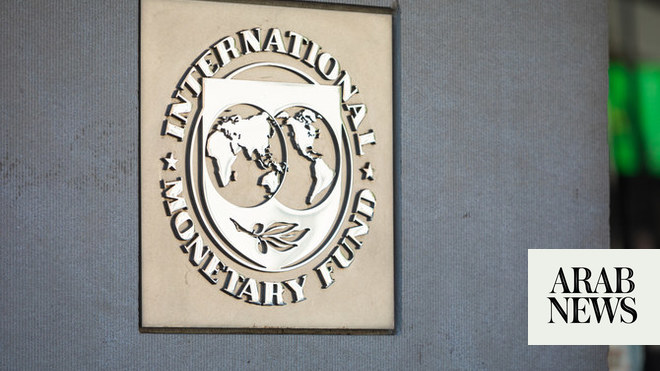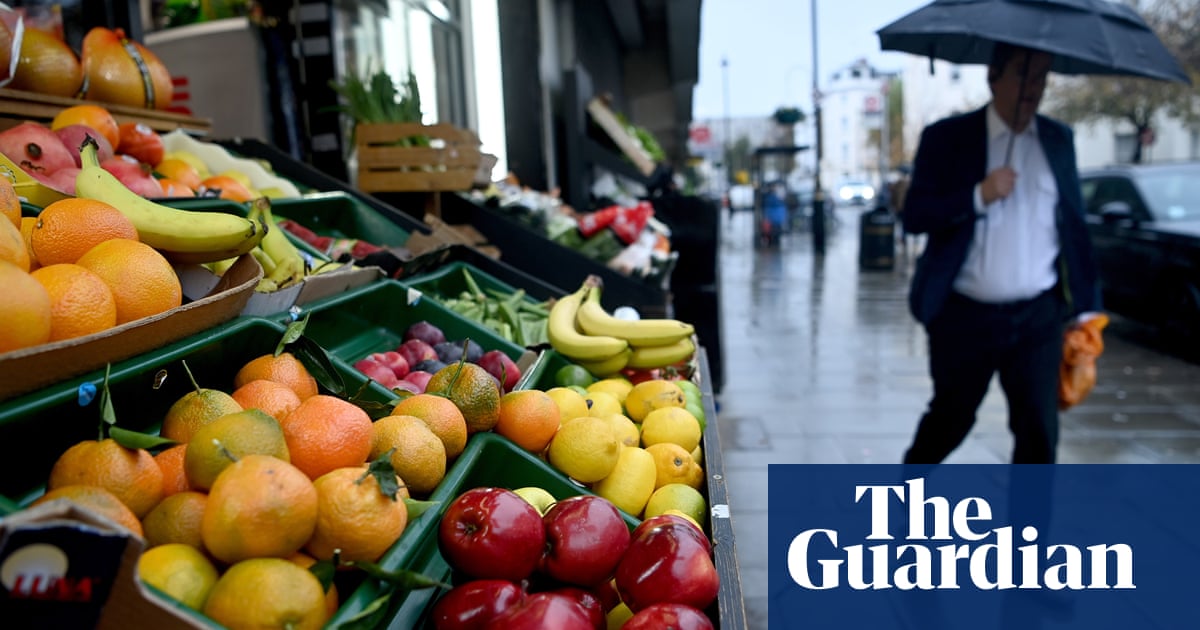
The chancellor, Rishi Sunak, should be drawing up contingency plans for a mini-furlough in the event that the Omicron variant forces the government into closing parts of the economy, the International Monetary Fund has said.
In its annual health check of the UK, the IMF warned the fast-spreading mutation of the Covid-19 virus posed a fresh threat to the economy after what had been a “challenging year”.
The Washington-based body added that with strong policy support the economy had proved resilient, but it stressed a return of some of the measures that prevented mass unemployment and large-scale business failures might soon be needed.
“In the event of a virulent Covid-19 wave requiring widespread mandated closures, the authorities should be ready to redeploy a subset of the most successful previous exceptional programmes (such as a furlough scheme and targeted support to the most vulnerable households and small businesses), but with due attention to lessons learned about their design (including tapering and timely sunset),” the IMF said in its assessment.
Its managing director, Kristalina Georgieva, said it was “highly unlikely” the UK would experience a return to the restrictions seen at previous stages of the crisis.
“I do not expect a return either of a full lockdown or the policy support of the kind that required,” she said.
Georgieva said it would take time to assess the impact of Omicron but admitted the new variant was “leading to rising uncertainty and complicating the policy response”.
The IMF also warned that the UK faces more post-Brexit trade problems, when new customs checks are introduced on 1 January.
“Trade with the EU has dropped significantly and we expect there will be more impact ahead as the custom checks are going to be introduced in UK in the beginning of next year,” Georgieva said.
The Treasury has said it will respond if Omicron results in significant closure of the economy but has no plans currently to add to the £400bn spent on mitigating the impact of the pandemic over the past two years.
Welcoming the IMF report, Sunak said it came against the uncertain backdrop of the new Omicron variant. The chancellor added: “The most important thing we can do to safeguard the economic recovery and protect the British people’s lives and livelihoods, is for everyone to get boosted now.”
While praising the UK for its “overall impressive, coordinated and extended policy response”, the IMF said it was “clear that Covid-19 and the behavioural changes it has caused will not fade quickly”.
The IMF said it expected the UK economy to grow by 6.8% in 2021 and 5% in 2022, but the faster-than-expected recovery would be accompanied by rising inflation.
Supply bottlenecks would send the annual inflation rate to about 5.5% by next spring, the IMF said in its Article IV report. “The outlook suggests that growth will remain strong in the near term, but so too will price pressures.”
The report said interest rate increases from the Bank of England would be needed to keep inflation under control, but added that Threadneedle Street’s policymakers needed to avoid killing off growth.
“Risks are considerable in the period ahead,” the IMF said. “In the near term there is a risk of higher inflation but two to three years out the risk shifts to lower growth (as policy interventions pull inflation back).
“External developments could impact this (such as a rapid tightening of global financial conditions and global slowdown, or continued frictions in the UK-EU relationship). However, the major risk is new Covid-19 waves and the uncertainty they bring.”
A Treasury spokesperson said: “We welcome the IMF’s report on the UK’s economic support package and their assessment that the UK economy is resilient, and recovered faster than expected because of this government’s actions.
“The IMF specifically credited the UK’s ‘rapid’ vaccination campaign which allowed the “worst health impacts of the pandemic” to be contained over the summer.












